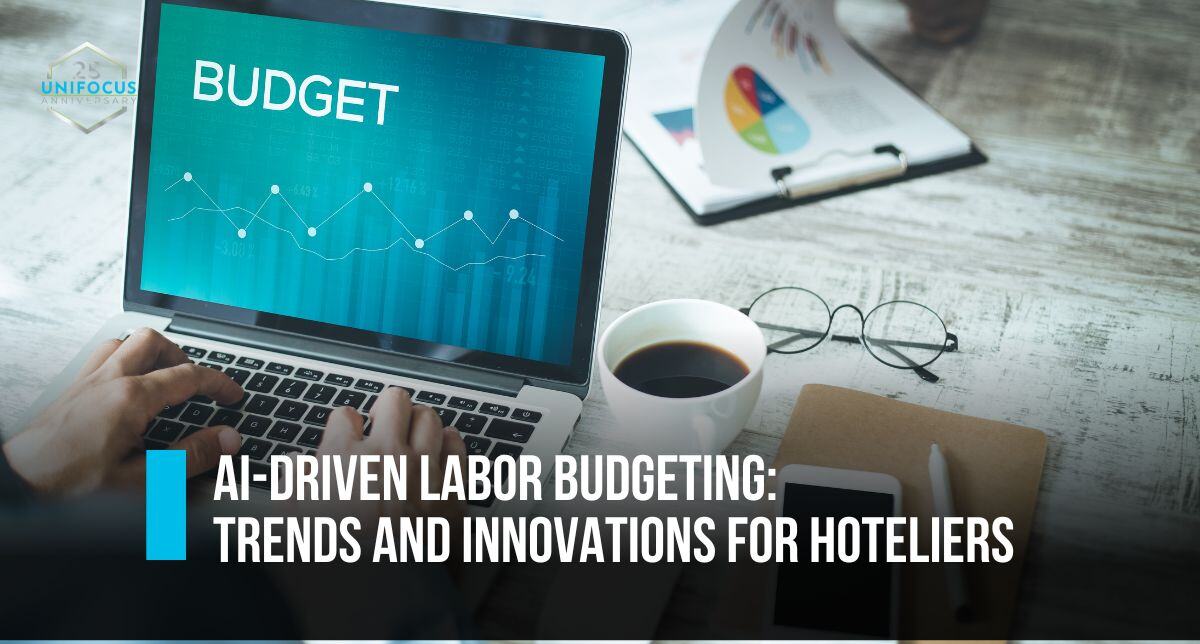Labor costs are often the largest expense for hospitality businesses consuming a significant portion of the operating budget. At the same time, employee performance directly impacts guest satisfaction, which is a key driver of repeat business and positive may be essential to achieve a balance that ensures both operational efficiency and exceptional guest experiences. Achieving this balance requires strategic foresight, a thriving organizational culture, and the innovative use of technology.
By implementing advanced workforce management solutions, hospitality businesses can optimize staff scheduling, control labor costs, and enhance employee performance. This approach not only helps in maintaining high service standards but also supports the financial health of the organization. In this blog, we will explore the critical HR strategies that help balance cost management with high employee performance in the hospitality sector.
Understanding the Cost-Performance Balance
Balancing labor costs and performance in the hospitality sector requires a strategic and analytical approach to both cost management and performance metrics. Effective cost management entails optimizing staffing levels through precise forecasting and real-time adjustments, preventing overstaffing, and maintaining financial discipline. Simultaneously, tracking key performance indicators (KPIs) like guest satisfaction, service delivery times, and overall productivity provides valuable insights into employee performance and operational efficiency. By integrating workforce management tools that combine cost control with performance tracking, hospitality managers can ensure staffing decisions align with budgetary goals and high service standards, fostering enhanced operational efficiency and guest satisfaction.
Integrating Technology for Optimal Results
Staff Management Technology
Advanced staff management software streamlines essential processes like scheduling, payroll, and performance tracking, significantly boosting efficiency and accuracy. These systems automate routine tasks, allowing managers to dedicate more time to strategic initiatives. Additionally, they improve compliance with labor regulations, enhance internal communication, and increase employee engagement through user-friendly self-service portals.
- Scheduling
- Automated Scheduling: Reduces manual errors and saves time by automatically generating optimal schedules.
- Shift Swaps: Employees can easily swap shifts via the system, enhancing flexibility and job satisfaction.
- Demand Forecasting: Predicts staffing needs based on historical data, ensuring adequate coverage during peak times.
- Time and Attendance
- Automated Payroll Integration: Streamlines payroll processing, ensuring timely and accurate payments.
- Compliance: Helps maintain compliance with wage and hour laws by automatically calculating overtime and other labor regulations.
- Integration: Integrates with other financial systems for seamless data transfer and financial reporting.
- Performance Tracking
- Real-Time Monitoring: Provides real-time insights into employee performance, helping managers identify high performers and those needing improvement.
- Goal Setting: Allows for setting and tracking individual and team performance goals.
- Enhanced Internal Communication
- Centralized Communication: Provides a platform for managers and staff to communicate effectively.
- Feedback Channels: Creates avenues for employees to provide feedback and suggestions.
- Employee Engagement
- Self-Service Portals: Empowers employees by allowing them to access schedules, request time off, and view payroll information independently.
- Mobile Access: Ensures employees can access the system from any device, enhancing flexibility and accessibility.
- Engagement Tools: Includes features like employee surveys and recognition programs to boost morale and engagement.
Real-time Data
Utilizing real-time data enhances decision-making and responsiveness. Real-time analytics deliver comprehensive insights into labor costs, employee performance, and overall operational efficiency, enabling managers to make informed and timely adjustments. This proactive management helps anticipate high-demand periods, optimize staffing levels, and address potential service disruptions quickly, maintaining high service quality and operational efficiency.
- Labor Cost Management
- Cost Tracking: Monitors labor costs in real-time, helping identify cost-saving opportunities.
- Budget Adherence: Ensures labor expenses stay within budget by providing immediate visibility into cost variances.
- Operational Efficiency
- Resource Allocation: Optimizes the allocation of resources based on real-time demand and availability.
- Service Quality: Maintains high service quality by ensuring the right number of staff with the appropriate skills are available.
- Proactive Management
- Anticipating Demand: Uses predictive analytics to foresee high-demand periods and adjust staffing levels proactively.
- Preventing Disruptions: Quickly addresses potential service disruptions by reallocating staff or adjusting schedules in response to real-time data.
By implementing effective staff management strategies, hospitality businesses can optimize operations and enhance guest satisfaction. Advanced scheduling tools provide the flexibility and precision needed to meet the unique challenges of the hospitality industry.







